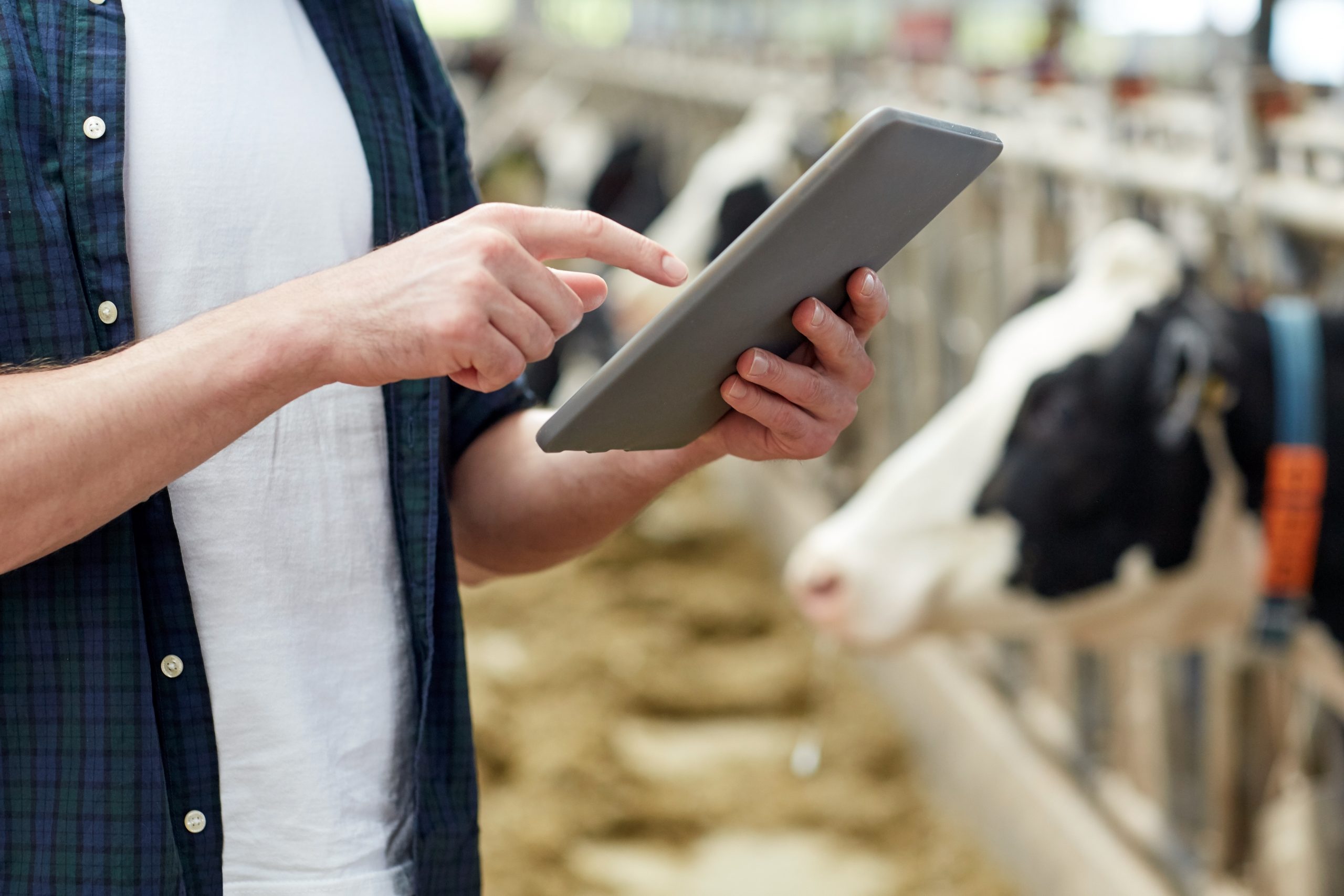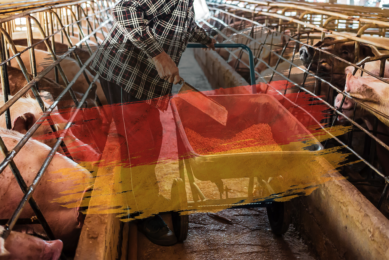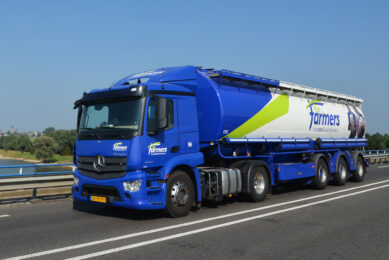Friday Feed Update: Business and product news

It is Friday again and time for All About Feed’s wrap up of the latest developments and business updates from the global animal feed industry. With this overview you will quickly be updated again on what happened over the last week.
Romer Labs gets first GMP+ FSA certificate
Recently, the first audit of the GMP+ B11 Protocol for GMP+ registration for Laboratories at Romer Labs [GMP+ GMP049306] was completed successfully. Romer Labs is a global supplier of diagnostic solutions for feed and food safety. Their broad range of testing solutions and services cover mycotoxins, GMOs, food allergens and more. Mr Rost, laboratory manager at Romer Labs said: “We decided to apply for GMP+ International certification in response to growing market demand for reliable, traceable and verifiable mycotoxin analysis. With GMP+ B11 certification, we show not only that we adhere to the criteria of the ISO certifications we already have, but also that we are committed to continuous improvement of our analytical services.” SGS Global Feed Certification is one of the Certification Bodies (CBs) in the work group developing the standard with GMP+ International. More information on how to get your laboratory registered can be found here.
New software tool aims to further optimise aquaculture
A new innovative software tool for targeting an improved environmental footprint and optimising processes in fish farming may soon be able to boost the aquaculture business to a new level. The project, under the umbrella of the Danish Green Development and Demonstration Programme (GUDP) aims at combining IT and aquaculture to develop smart, easy-to-deploy, user-friendly tools that can lead to a new era of connected, responsible and efficient, and thus, sustainable aquaculture. The project is led by OxyGuard International and builds on contributions from many the most innovative companies in Danish aquaculture business such as BioMar, Danish Salmon, AquaPri, Danaqua, Aller Aqua, Kongeåens Dambrug, DTU-Aqua, University of Copenhagen. For data processing, the software will build on technologies such as big data, internet of things (IoT) and machine learning. This will lead to enhanced husbandry in the farms, optimised usage of feed and oxygen, and a significant range of other things that all in all will help reduce the environmental impact of aquaculture.
Multi-strains yeast fractions against coccidiosis
Lallemand Animal Nutrition presented a number of studies at the recently held XVth European Poultry Conference in Dubrovnik, Croatia. 2 of these showed, for the first time, the potential of a multi-strains yeast fractions product to help reduce the impact of coccidiosis in broiler chickens. As resistance to anticoccidials is a growing concern for broiler producers, alternative strategies to help control coccidiosis are being evaluated. Nutritional solutions have been suggested as part of overall management programs. The 2 studies conducted in partnership with Aristotle University of Thessaloniki (Greece) showed that the combination exerted a substantial improvement in intestinal health in coccidiosis challenged birds: Improved digestive microbiota balance, showed less severe intestinal lesions, increased height gut villi. Also the performance of the animals was also shown to be improved. In the second trial, different doses of the multi-strains yeast fractions were assessed in the presence of different pathogen challenges (Eimeria acervulina, E. maxima, and E. tenella). Lesion scores were improved and coccidiosis related mortality was numerically reduced when the yeast product was supplemented in the feed. FCR was also improved.
Nutrida obtains ISO certifications in China
Feed Flavor International (Jiangsu) Co., Ltd (FFI), a wholly-owned subsidiary of multinational feed additives producer Nutriad, obtained the ISO9001 and ISO22000 certifications. CEO Erik Visser stated,“We move with our customers as they develop in response to market changes, anticipating to new trends, developing specializsed products and constantly improving service and quality. The ISO certification is another step in our commitment to the Chinese market. We aim to deliver the best to the local customers, as we do all over the world.”
Pancosma celebtrates 70th anniversary
This year’s Pancosma Annual Reunion (PAR), to be held at Evian-les-Bains, France, will celebrate the company’s 70th anniversary. The PAR brings together Pancosma’s employees and close partners from around the world, where new products and concepts are deployed. With this year’s theme of Unleashing Innovation, the spotlight will focus on Pancosma’s deveopments over the last 7 decades in the field of feed additives, and how it looks at the future.
Biomin launches Spectrum Top 50® advanced mycotoxin detection service
Animal nutrition company Biomin has recently introduced a new, innovative mycotoxin detection service for customers globally. Spectrum Top 50 allows for the identification of more than 50 different mycotoxins and metabolites in finished feed and raw materials. “Regular testing for regulated mycotoxins is an accepted part of an effective mycotoxin risk management program,” observed Ms Ursula Hofstetter, head of global product management mycotoxins at Biomin. “With Spectrum Top 50, customers will have access to a powerful new method to uncover previously undetected masked and emerging mycotoxins lurking in their feed in addition to the regulated ones,” explained Ms Hofstetter.
Spectrum Top 50 relies upon liquid chromatography coupled to tandem mass spectrometry (LC-MS/MS) technology using a method developed by Romer Labs.
BASF expands vitamin A plant in Ludwigshafen
BASF has started the expansion of its vitamin A plant at the company’s Ludwigshafen site. The new production building expands the existing vitamin A plant, which went into operation in 1970. In total, about 600 machines and devices, 4,000 pipelines and 5,000 measuring points will be integrated into the process control system until the planned commissioning at the end of 2020. Approximately 20 new jobs are being created. With the expansion of the plant, first announced in 2016, BASF is increasing its annual capacity of pure vitamin A by 1,500 metric tons.
Novus launches Avimatrix® Z in the European Union
Novus International is launching the zootechnical feed additive Avimatrix® Z in the European Union. The product supports the ambitious plans of Novus to extend and strengthen its position in the Global Eubiotics feed additive market. It is a preparation of benzoic acid, calcium formate and fumaric acid, recently authorised by the European Union as a feed additive for improving the zootechnical performance of chickens for fattening and chickens reared for laying. The European authorities considered the significantly improved feed conversion of chickens fed the product at a minimum dose of 500 mg/kg of complete feed.











